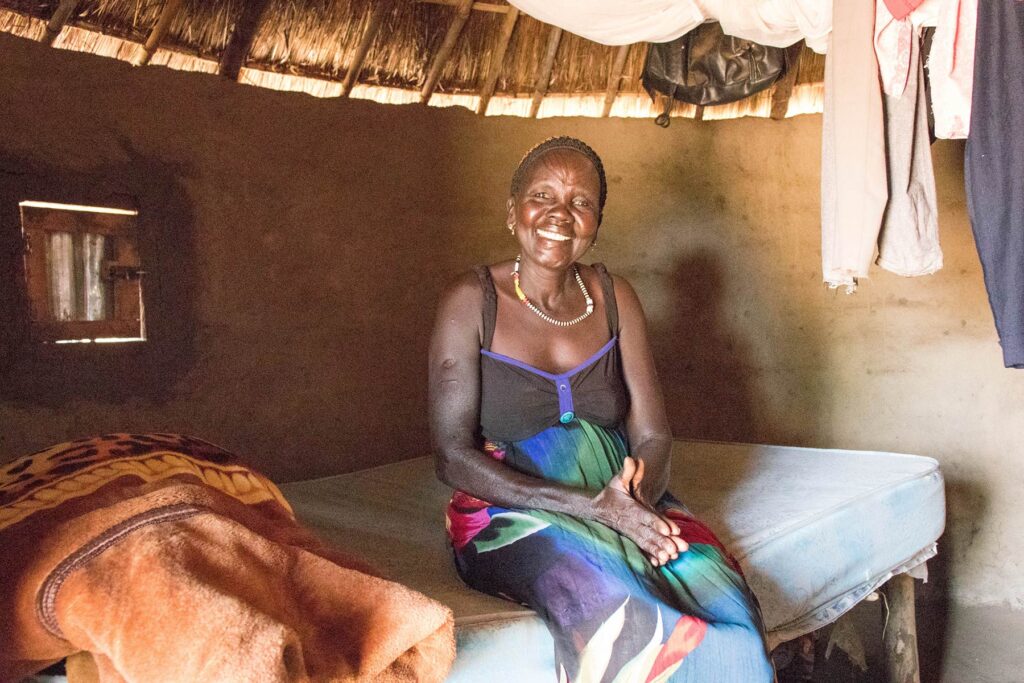
Busting five myths about refugees
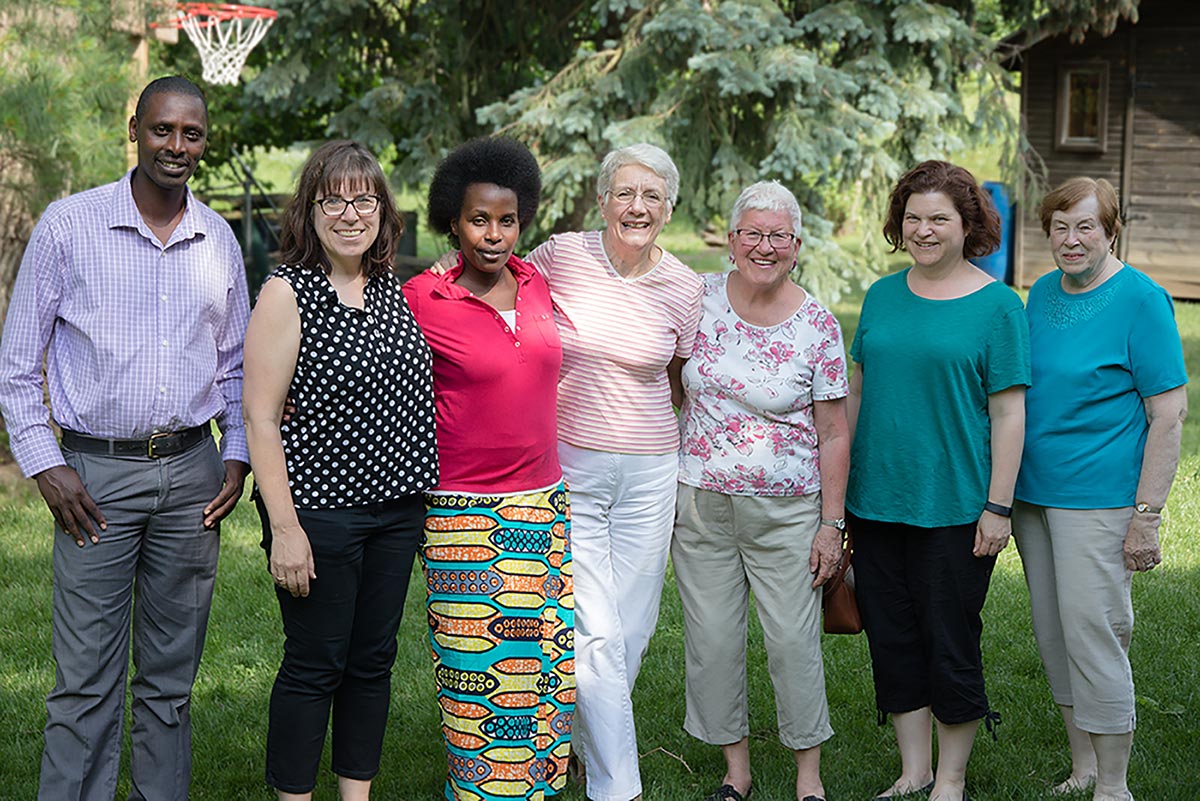
Refugees are economic migrants
The terms ‘refugees’ and ‘migrants’ are sometimes used interchangeably, but they are different. ‘Migrants’ is a broad term referring to people moving from one place to another. Both refugees and economic immigrants can be described as migrants. The difference is in the options they each have. Economic migrants are people who make a deliberate choice to leave their country, either for economic or employment opportunities. Refugees are forced to leave their countries because of persecution or conflict. They fear for their lives. Many refugees leave behind their families and jobs and are willing to make dangerous treks overland or by water in search of safety.
Source
http://www.unhcr.org/news/latest/2016/7/55df0e556/unhcr-viewpoint-refugee-migrant-right.html
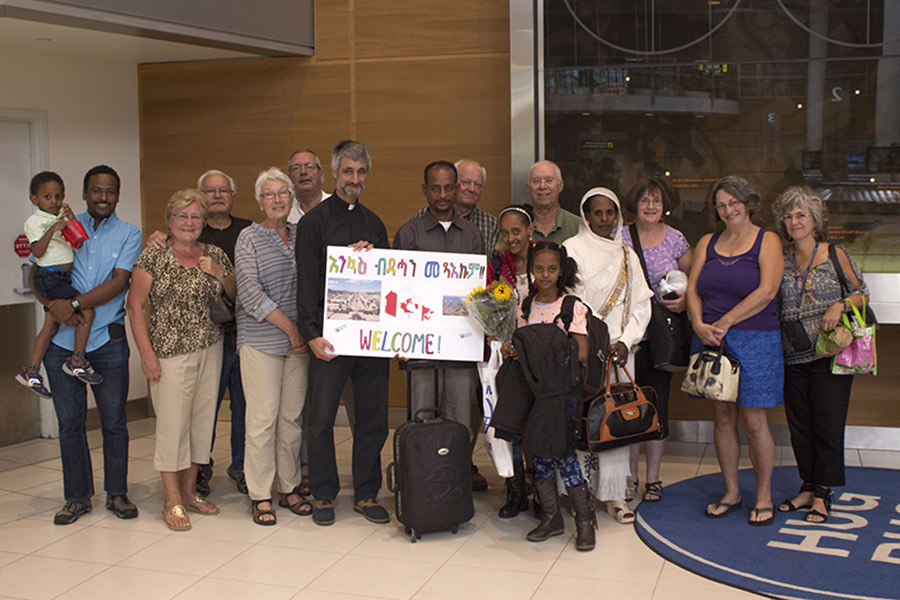
Canada is taking in too many refugees
By the end of 2016, there were over 65.6 million people worldwide displaced by conflict or persecution. Of these, 22.5 were refugees, with 17.2 million of them under UNHCR’s mandate. Most refugees—84 per cent of the world’s refugees under UNHCR’s mandate—are being hosted in developing countries. Most refugees find refuge in neighbouring countries or elsewhere in the region around them. Canada is difficult for refugees to access because of its distance from countries that are producing refugees such as Syria, Afghanistan, Somalia, etc. As such, the number of refugees who arrive in Canada each year is small. In 2016, Canada admitted 46,700 refugees, which was the highest number of refugees in one year in since 1980. Canada can do more.
Sources
http://www.unhcr.org/5943e8a34.pdf
https://www.youtube.com/watch?v=RvOnXh3NN9w
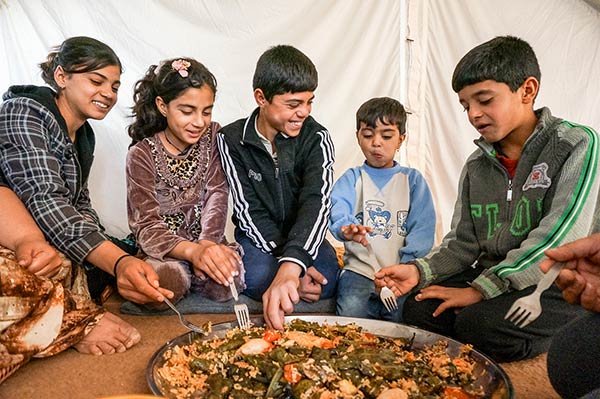
It’s easy to get into Canada
Contrary to popular belief, it is not easy to obtain refugee protection in Canada. There are only 3 ways in which refugees come to Canada:
- Government-Assisted Refugees (GARs) have UNHCR refugee recognition and have been approved for resettlement by Canadian visa offices abroad to be sponsored by the Canadian government.
- Privately-Sponsored Refugees (PSRs) are resettled to Canada by private citizens or groups. These refugees undergo a refugee status determination process overseas. If they are successful, they are resettled in Canada. There is no guarantee they will be accepted to come to Canada.
- Refugee Claimants are asylum seekers who go through a refugee status determination process inland to be recognized as refugees. If they are found not to be refugees or persons in need of protection, or if they are deemed inadmissible, they are deported from Canada.
Each group undergoes immigration medical exams, criminal background checks and security screening in order to be admitted to Canada. These steps can take a long time, and often have a cost associated with them.
Source
http://www.cic.gc.ca/english/refugees/index.asp
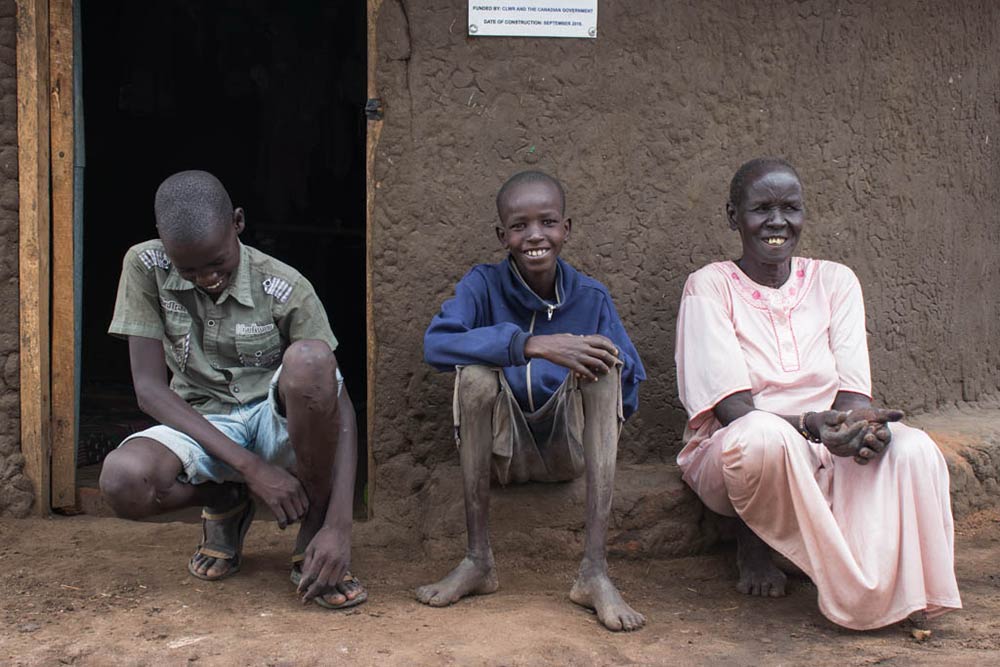
Refugees pose a threat to Canada’s national security
Every refugee coming to Canada undergoes criminal background checks and security screenings before they are issued an entrance visa. Security screening looks at a refugee’s membership in groups or associations, as well as social media postings. If there is no perceived risk to Canadians, refugees can enter Canada. When terrorist attacks are seen on the news, sometimes fear of the ‘other’ can occur, potentially creating a barrier between people. An analysis by Global News of major terror attacks against Western countries from 2010 to 2017 suggests most suspects involved in the attacks were born in the country where the attack occurred. This disproves the idea that refugees or immigrants pose a threat to the host country’s security.
Sources
http://www.cic.gc.ca/english/refugees/welcome/overview/security.asp
http://globalnews.ca/news/2349421/heres-how-refugees-are-screened-before-arriving-in-canada/
https://cpj.ca/files/docs/csis.pdf
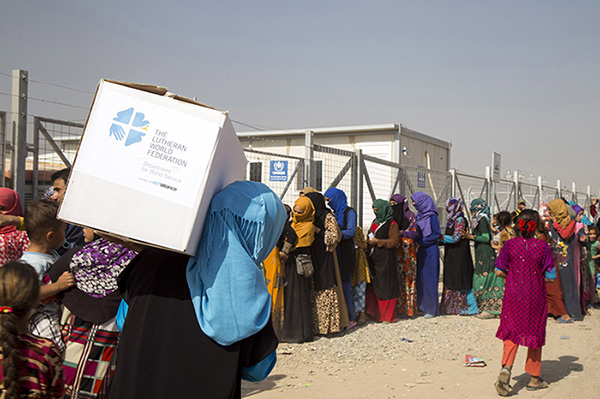
Refugees have better benefits than Canadians
When Government-Assisted Refugees (GARs) and Privately Sponsored Refugees (PSRs) arrive in Canada, they are permanent residents and are eligible for provincial health care programs. During the year they are being sponsored, they also receive some extended health benefits through the Interim Federal Health Program. GARs receive Refugee Resettlement Assistance funding during their first year in Canada, which is only slightly higher than provincial social assistance rates. PSRs receive financial support directly from their sponsors during their first year in Canada. If they are not able to find employment after their first year in Canada, they are eligible to apply for provincial social assistance and receive the same support as anyone else accessing social assistance. Refugee claimants only have limited Interim Federal Health (IFH) Program coverage until they are accepted as refugees in Canada. The IFH benefits are similar to what Canadians receive with social assistance or disability programs provided by provincial social assistance programs.
Source
https://www.huffingtonpost.ca/2015/11/26/refugees-economy-canada_n_8658076.html
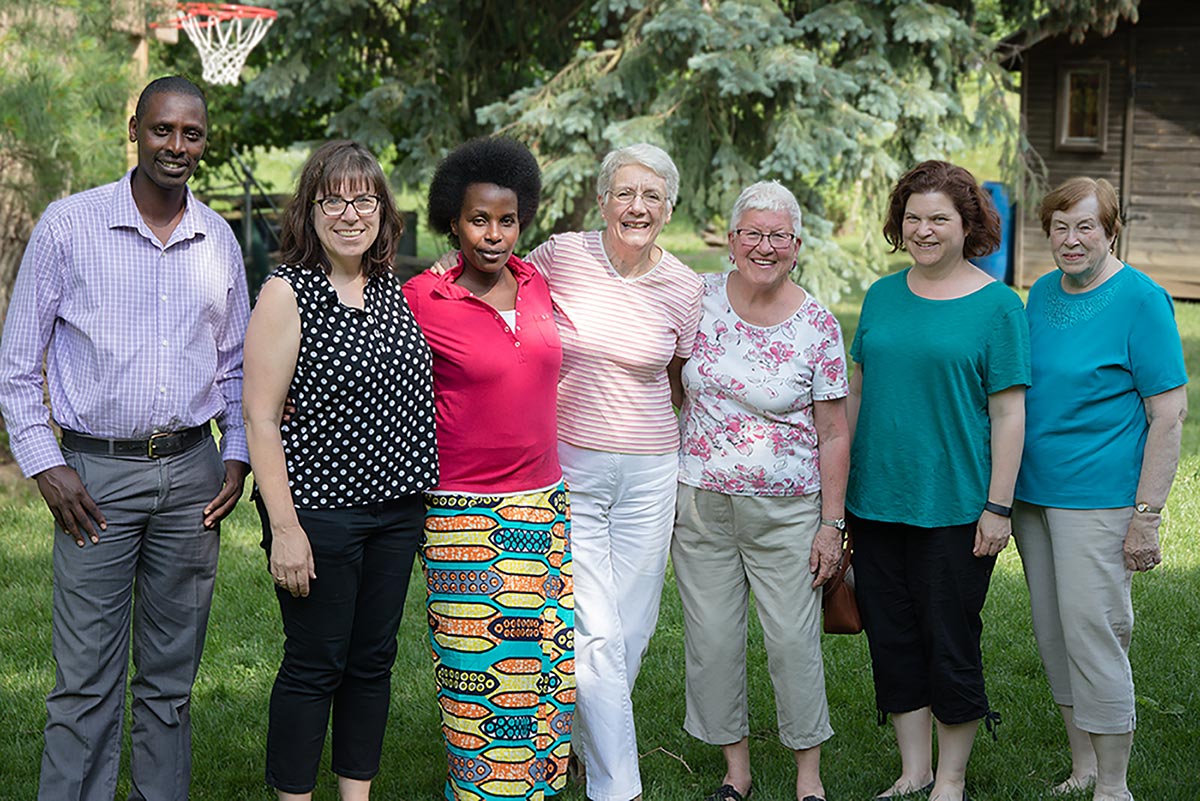
The refugee crisis is a big problem, how can I make any difference?
The root causes that result in people becoming refugees or being displaced are often complex situations, and many require significant resources and attention to resolve. However, that doesn’t mean that you can’t make a difference. Even the smallest deed can have a major impact on the lives of refugees. Here are some ideas for how you can take action:
- Learn about and research the global refugee crisis and refugee resettlement issues
- Recognize that refugees are people just like you but they happen to be born elsewhere
- Befriend refugees in your community
- Explore the things you have in common with refugees to build relationships
- Make We Care kits and blankets to support refugees overseas
- Make a donation to support CLWR’s refugee sponsorship work
- Sponsor a refugee to come to Canada
- Pray for refugees and peaceful resolution to conflicts that contribute to creating refugees